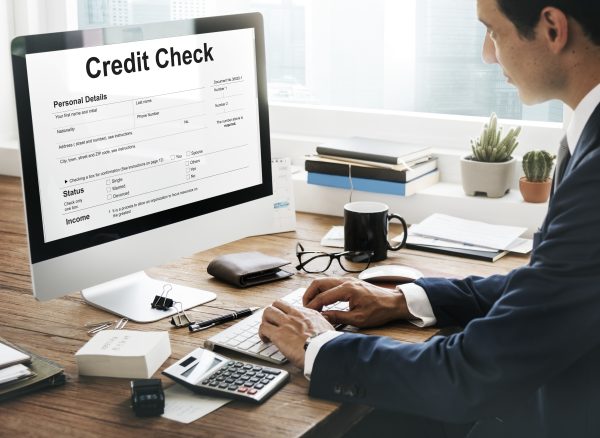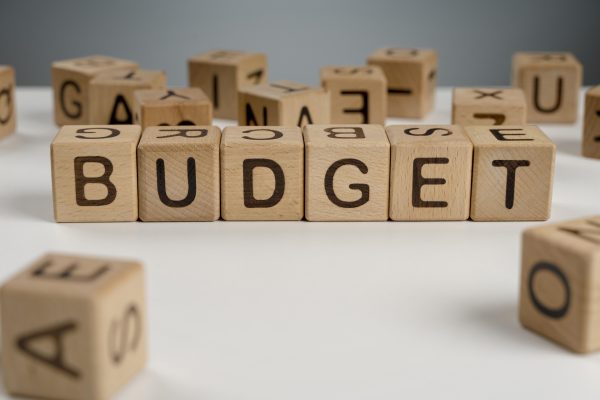In today’s ever-changing world, having a well-established emergency fund is like having a financial fortress to shield you from unexpected expenses. Whether it’s a sudden job loss, an unforeseen medical emergency, or a car repair that catches you off guard, an emergency fund can be your saving grace, preventing you from falling into debt or relying on credit cards in times of crisis.

In this comprehensive guide, we will explore the concept of an emergency fund in detail, helping you understand its significance and providing you with practical strategies to build and maintain an effective financial safety net.
How to save $1,000 for an emergency fund?
The ideal amount of money to have in your emergency fund depends on your unique circumstances and financial responsibilities. As a general rule of thumb, it is recommended to save enough to cover three to six months’ worth of your living expenses. However, if you have dependents or face significant medical expenses, it is wise to aim for a larger fund to ensure enhanced protection during challenging times.
Tips for saving money for an emergency fund
Building an emergency fund requires a proactive approach and a commitment to regular saving. Here are some effective strategies to help you kickstart your emergency fund journey:
Start Small and Steady
If you find yourself with limited funds to save, don’t despair. Starting small is still a meaningful step towards building your emergency fund. By setting aside even a modest amount each month, such as $50 or $100, you can steadily accumulate a substantial sum over time. Remember, consistency is key, and every dollar you save contributes to your financial security.
Automate Your Savings
To ensure consistent progress in building your emergency fund, consider automating your savings. By setting up a recurring transfer from your checking account to a designated savings account, you can effortlessly allocate a portion of your income without the need for constant manual intervention. This automated approach removes the temptation to spend the money earmarked for your emergency fund and ensures steady growth over time.
Trim Unnecessary Expenses
Carefully examine your budget and identify areas where you can cut back on expenses. Making small adjustments can make a significant impact on your savings potential. Opting to prepare meals at home instead of dining out, canceling unused subscriptions, or finding a more affordable cell phone plan are just a few examples of how you can reduce expenses and allocate those savings to your emergency fund. Remember, every little bit helps, and your commitment to prioritizing your financial security will pay off in the long run.
Pursue Additional Income Sources
If you find it challenging to save money from your regular income, exploring supplementary income sources can accelerate your progress. Consider taking on a side hustle or part-time job that aligns with your skills and interests. Whether it’s driving for ridesharing platforms, offering pet-sitting services, or freelancing in your area of expertise, diversifying your income streams can provide an extra financial boost to help you reach your emergency fund goals more quickly.
How to use a high-yield savings account for your emergency fund
While traditional savings accounts offer minimal interest, consider leveraging the potential of high-yield savings accounts to optimize your emergency fund growth. These accounts typically provide higher interest rates, allowing your savings to multiply more rapidly over time. Take the time to research different financial institutions and select an account that offers competitive rates and aligns with your specific needs. This strategic move can significantly amplify the potential of your emergency fund.
How to use your emergency fund wisely
An emergency fund should be reserved exclusively for genuine emergencies, ensuring that you can weather unexpected financial storms without jeopardizing your stability. Here are some examples of situations where your emergency fund can prove invaluable:
Job Loss: Losing your job can be a distressing experience, but having an emergency fund can provide you with the financial support you need while you search for a new opportunity. It can cover essential expenses such as rent, utilities, and groceries, giving you the peace of mind to focus on finding your next source of income.
Medical Emergency: Medical bills can quickly accumulate and place a tremendous strain on your finances. Having an emergency fund allows you to address unexpected medical expenses, ensuring that you or your loved ones receive the necessary care without adding financial stress to an already challenging situation.
Car Repair: Your vehicle plays a vital role in your daily life, and unexpected repairs can be costly. By utilizing your emergency fund, you can cover the expenses associated with car repairs, keeping you mobile and avoiding any disruption to your daily routine.
Natural Disaster: Natural disasters can wreak havoc on your home and belongings, often requiring immediate repairs or relocation. With an emergency fund, you can swiftly address these unforeseen circumstances, ensuring the safety and security of yourself and your family.
Home Repair: From leaking roofs to malfunctioning appliances, home repairs are inevitable and can catch you off guard. Your emergency fund can provide the necessary funds to address these issues promptly, preventing further damage and maintaining the value and livability of your home.
Remember, it is crucial to use your emergency fund judiciously. Only withdraw funds when you are facing a genuine emergency and cannot cover the expenses through your regular income or other means. Once you utilize funds from your emergency fund, make it a priority to replenish it as soon as possible to maintain your financial safety net.
Embrace Financial Peace of Mind with an Emergency Fund
By prioritizing the establishment and maintenance of an emergency fund, you can experience a profound sense of security, knowing that you are prepared to face unexpected expenses head-on. Building your emergency fund requires discipline, commitment, and a long-term perspective. By incorporating the strategies outlined in this guide, you can save money effectively and be ready to tackle any financial curveballs life may throw your way.




